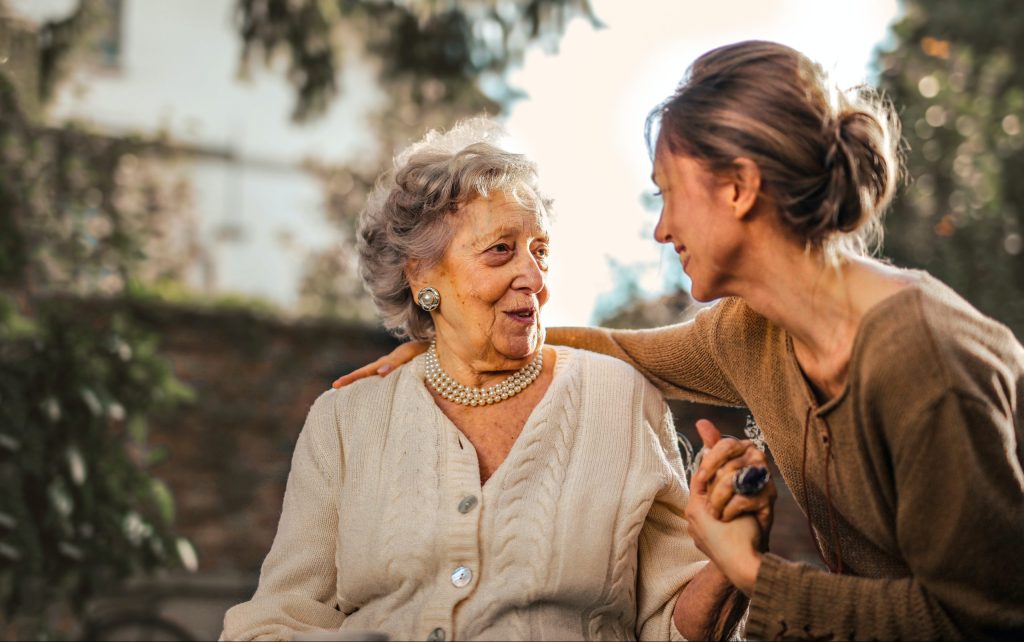
Have you ever been hospitalised because of illness or a need for surgery? Such an experience can be overwhelming. Suddenly you’ve lost all control of your identity, free movement, decision making, privacy and body. For most of us, this experience is temporary but for many people it becomes a permanent reality.
Sickness can change who you believe yourself to be, especially when you are no longer mobile or when the mind is willing but the body doesn’t have the energy to comply. For some people, this means reinventing themselves to live life differently, adjusting to different ways of doing things to manage daily life and for others, it may be a struggle to come to terms with their changed circumstances.
In recent years I’ve witnessed a friend negotiate life with epilepsy. This extremely independent and well-travelled woman suddenly couldn’t drive and was never sure when or where her next seizure would present itself. Her whole life changed because of this illness. No longer could she hop in a car and take herself somewhere at a whim. Every part of her life now needed to be carefully planned.
Another friend, who found herself dependent on a wheelchair and walking frame, was no longer able to perform the daily functions that she once took for granted. Everything in her life became slower and having to be thought out. Previous pleasures, such as taking the dog for a walk or going to a movie, became a challenge.
When a person is diagnosed with an illness or sustains an injury, the lives of those close to them are also affected. The life that once was becomes a new journey for everyone. Daily routines, slowness of pace, emotional hurdles, sense of worth and relational adjustments all require adaptation and almost certainly initiate a new reality.
So, why do we have a day that we dedicate to pray for the sick? Pope John Paul II initiated the World Day of Prayer for the Sick (11 February) when he was diagnosed with Parkinson’s Disease in 1991. The limitations, caused by the disease, made him aware of the hardship with which many people with sickness or frailty struggle daily. He believed in the healing power of prayer.
Pope Francis tells us that Jesus offers the best witness to God’s merciful love for the sick when he healed the sick and sent the apostles in their missionary work to proclaim the Gospel and to heal the sick.
Our God is compassionate and loving whether we pray or not. When we pray for those who are sick, we create an outpouring of love directed at the person who is struggling with illness. Praying too enables us to become more attentive towards the person who is unwell and increases our capacity to grow in compassion. When we pray as a unified body, the vigour of combined prayer creates a positive energy for peace and healing.
In the last couple of years with the onset of the pandemic, we have seen the level of illness increase around the world. Many people have spent their last days, struggling for breath in solitude because of the virus. These people found themselves in nursing homes or strange hospital environments, surrounded by high tech machinery and experienced, overworked health professionals wearing masks, gowns and gloves. Many have died alone without the touch and comfort of those they love.
If ever there was an urgency to pray for the sick, now is the time.
Maryellen Thomas rsj
